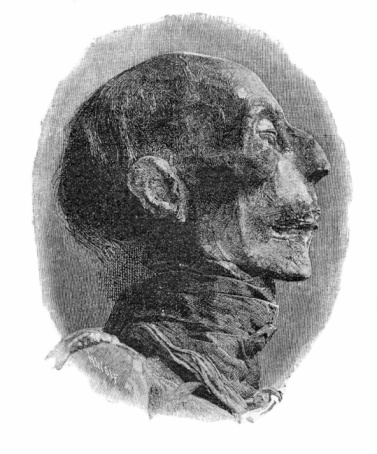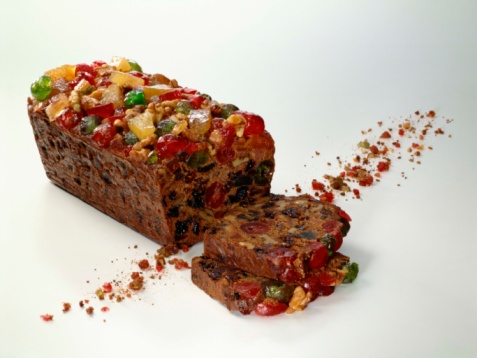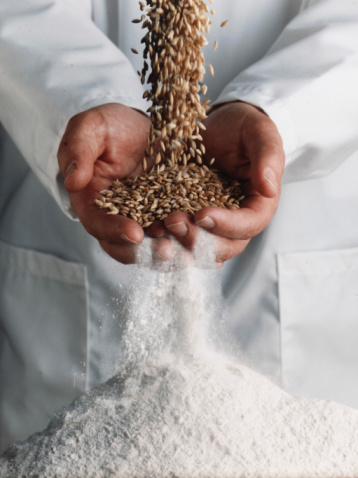
730 years ago, the famous Egyptian king, Ramses II, was a powerful leader but an extremely poor example of oral health. Upon investigation, scientists postulate that the king died from heart disease that sprung directly from his rampant gum disease. His teeth can still be examined today, held in place by strong tartar buildup that holds them in like concrete. He did not brush and floss like he should have, which allowed plaque to build and harden into tartar. This resulted in an infection in his gums, or periodontal disease.
Did you know those germs in your mouth were so powerful? It’s kind of scary, but it’s true. Our mouths are full of bacteria — up to 600 different kinds. The really dangerous strand is Streptococci mutans, which causes cavities. Unlike many body parts, teeth don’t shed an outer layer. It’s up to you to control oral bacteria and keep it from getting out of control, which could lead to dental problems and serious overall health issues.
The germs that cause cavities do not discriminate based on your occupation or age – you might be a king, an executive, or an elementary school student; they’ll overtake your mouth and destroy good oral health if you let them. While cavities can seem rather innocuous, they are more serious than you might think. Letting cavities grow and harmful bacteria to flourish can allow infection to reach the brain. In fact, in 2007, a 12-year-old boy in Maryland died from a tooth infection, which entered his bloodstream and eventually reached his brain. S. mutans also cause bad breath and, even worse, gum disease. Also known as periodontal disease, gum disease increases the risk for heart disease, stroke, Alzheimer’s disease, diabetes complications, and the list goes on. Look at Ramses II. Gum disease can be fatal.
To reduce the potential for cavities and gum disease, you have to brush, floss, and attend regularly scheduled checkups and cleanings. Not only will this approach give you fresh breath and save your teeth, it might just save your life.
Set an appointment with Dr. Peter Pate in the Buckhead community. Call 404-266-9424, or contact us online to schedule your visit. Located in Buckhead, our Atlanta dental office serves many local families from all around the metropolitan area.
 Did you know that Dr. Peter Pate treats patients with sleep apnea? In addition to general and cosmetic dentistry, he provides treatment for sleepy Atlantans, too!
Did you know that Dr. Peter Pate treats patients with sleep apnea? In addition to general and cosmetic dentistry, he provides treatment for sleepy Atlantans, too!







